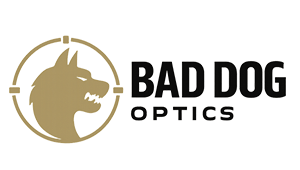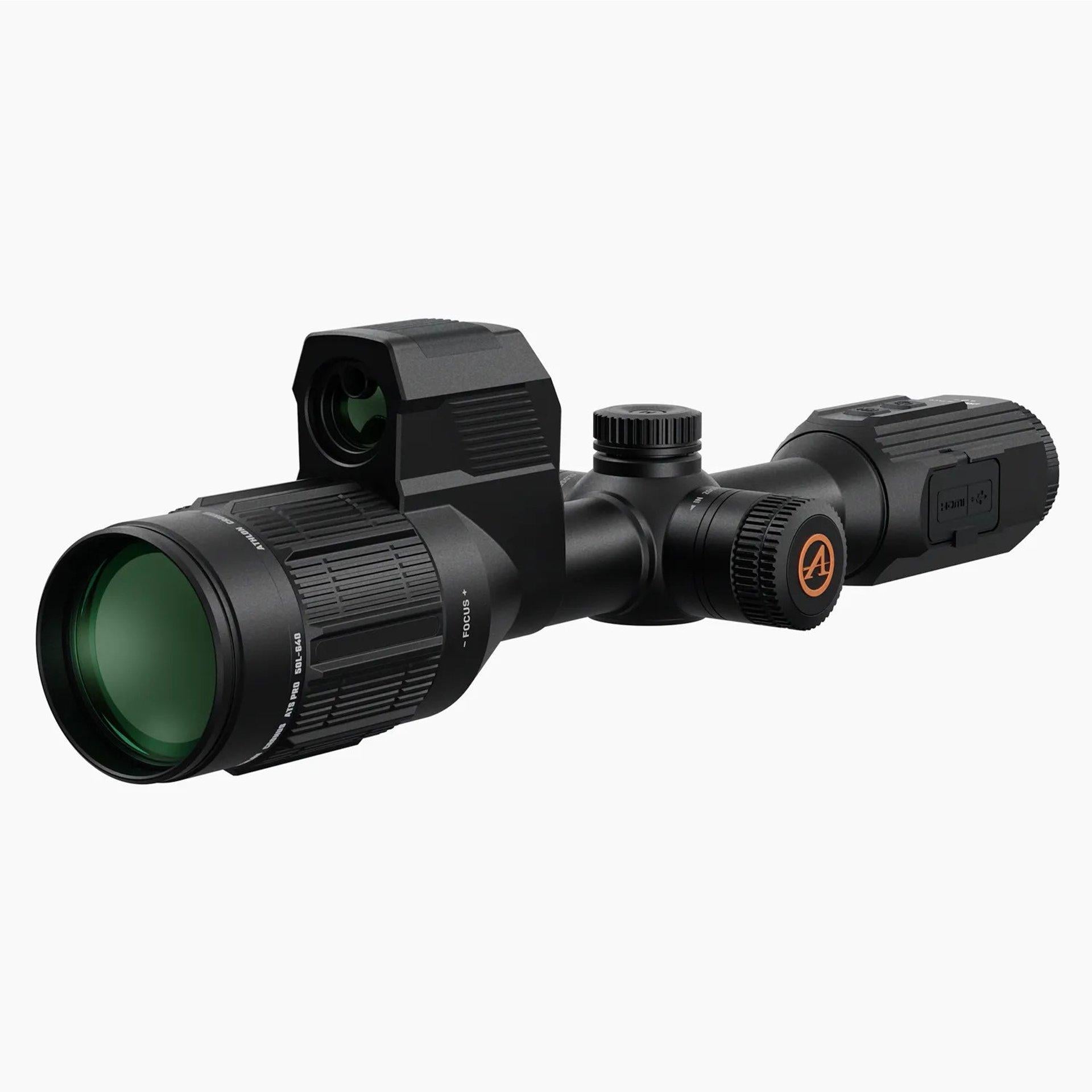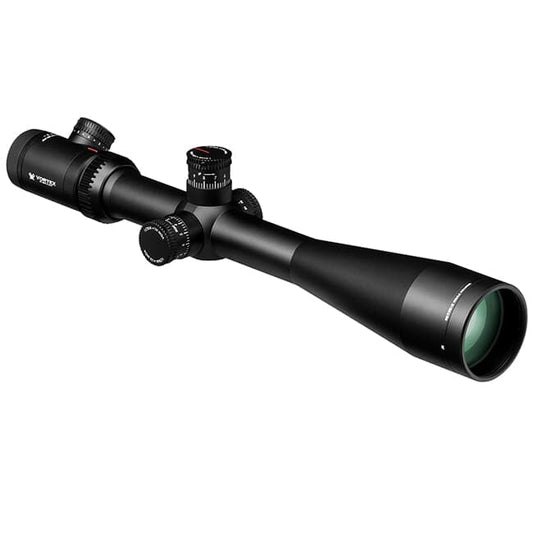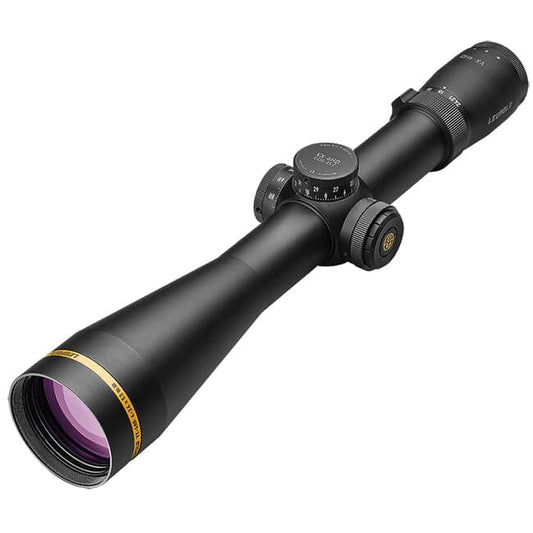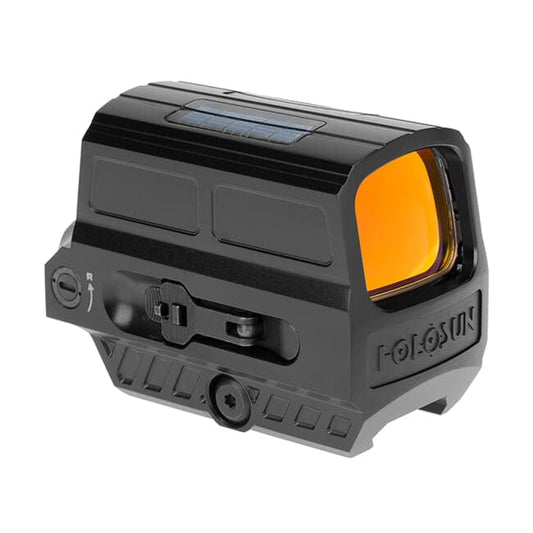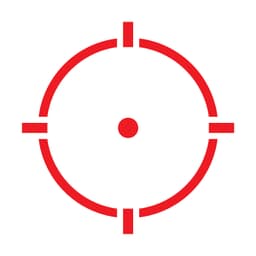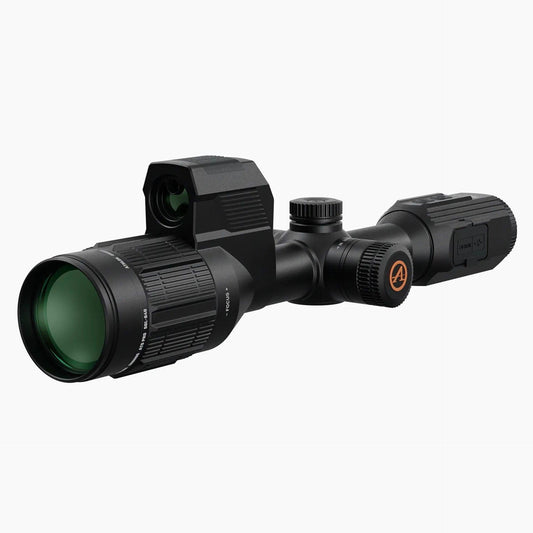

Athlon Cronus ATS Pro 50L-640 Thermal Scope with LRF offers advanced thermal imaging capabilities tailored for serious hunters. The 640x480 sensor resolution ensures you can detect heat signatures from up to 2620 yards, while the integrated laser range finder allows for precise targeting, enhancing accuracy during critical moments. With the ability to navigate various environments, this scope features seven user-selectable color palettes and a high-resolution OLED display for clear visibility, even in low-light conditions.
Connectivity to the Athlon Thermal App on both Android and Apple devices provides users with additional functionalities, including a built-in ballistics calculator. Weighing just 1.5 lbs and designed to withstand rugged conditions, the Cronus ATS Pro is not only portable but also durable, making it a reliable companion for outdoor adventures.
Features:
- SUPERIOR IMAGE QUALITY for unparalleled clarity, even in the darkest conditions.
- INTEGRATED LASER RANGE FINDER allows for precise targeting, enhancing your accuracy.
- LONG DETECTION RANGE detects heat signatures up to 2620 yards, ideal for long-distance scouting.
- HIGH-RESOLUTION OLED DISPLAY delivers vibrant colors and sharp contrast for easier target identification.
- CUSTOMIZABLE COLOR PALETTES provide flexibility to adapt to various environments and lighting conditions.
- WIFI CONNECTIVITY enables seamless connection to the Athlon Thermal App for added functionalities.
- USER-FRIENDLY INTERFACE ensures easy navigation and quick adjustments during use.
- DURABLE DESIGN built to withstand tough conditions and ensure longevity in the field.
Technical Specifications Table
| Specification | Details |
|---|---|
| Magnification | 50mm |
| Sensor Resolution | 640x480 |
| Detection Range | 2620 yards |
| Recognition Range | 1090 yards |
| NETD Rating | <25mK |
| Weight | 1.5 lbs |
| Dimensions | 12.5 x 4.5 x 4 inches |
What’s in the Box?
- Athlon Cronus ATS Pro 50L-640 Thermal Scope
- Lens covers
- Padded carrying case
- Neck strap
- User manual
Customer Reviews
“The clarity of this thermal scope is unmatched! It helped me spot game I would have otherwise missed.”
“Love the integrated range finder—made all the difference in my last hunt!”
“The customizable color palettes are a game-changer. Allows for a perfect view in any lighting.”
FAQ
How does the Athlon Cronus ATS Pro compare to other thermal scopes?
Athlon Cronus ATS Pro excels with its high-resolution 640x480 sensor and impressive detection range of 2620 yards. Many scopes in its class lack this level of clarity and distance, making it a solid choice for dedicated hunters.
Is the Cronus ATS Pro easy to operate?
Yes, its user-friendly interface allows for quick adjustments and straightforward navigation. Switching between color palettes and utilizing the range finder is seamless, so you can maintain focus on your target.
Similar Models
If you’re in the market for more exceptional thermal options, explore our extensive Athlon lineup, including models like the Athlon Argos BTR 50mm for precision shooting and the Athlon Ares 35mm for compact versatility. Discover your ideal thermal scope in our full collection to elevate your hunting game.
You May Also Like
Here’s some of our most similar products people are buying. Click to discover trending style.
